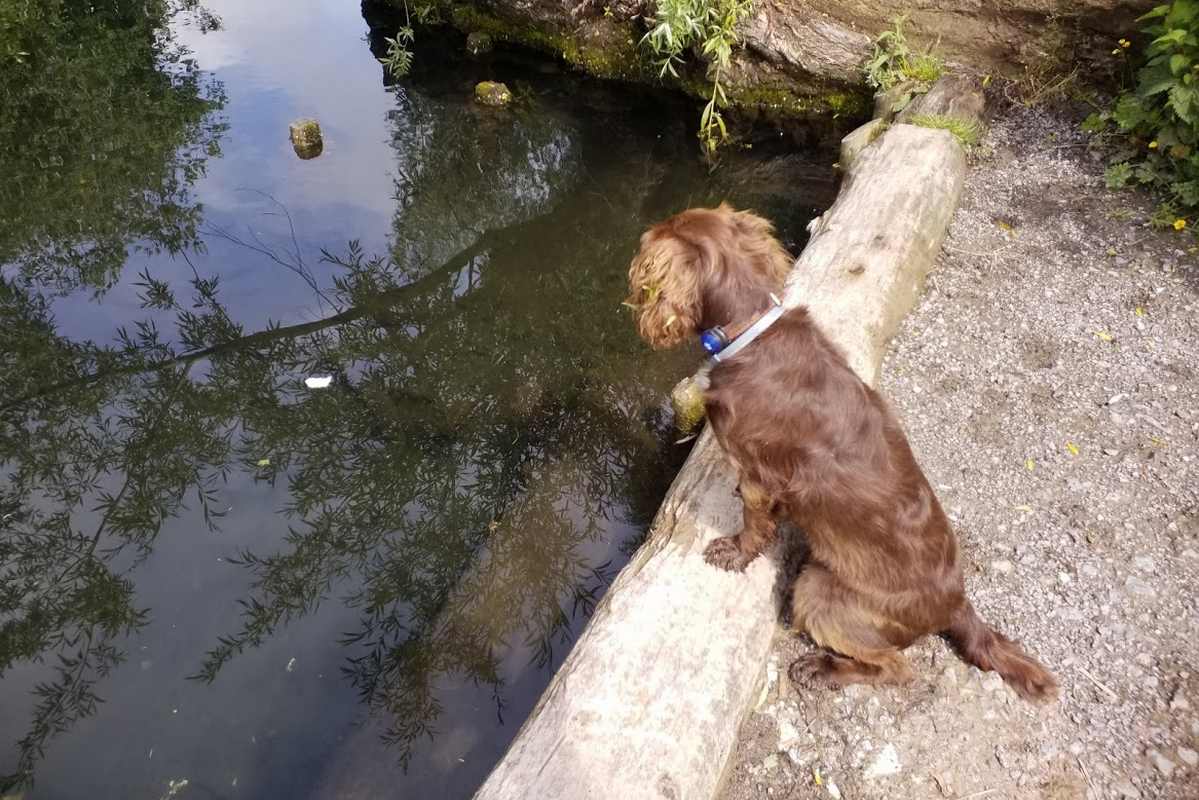Anyone who has peered properly into a stream knows that it can be home to myriad invertebrates which come in all shapes and sizes, matching the jobs they do in the river ecosystem. Some are grazers, others are shredders or collectors – they are in fact arranged into so called ‘guilds’ like master craftsmen. Our chalk streams contain some very rare invertebrates, but it is the sheer abundance of mayflies and freshwater shrimps in a healthy stream that underpins the ecosystem, providing food for its more celebrated inhabitants.
Many people who have been looking into streams for a long time have noticed declines in the numbers and species of invertebrates – part of the so-called malaise affecting our chalk streams. As with many things in nature these declines are probably the result of several factors including pollution, climate change, lower flows and changes to habitat. But recent research* has confirmed what a growing number of us suspected was true: river invertebrates might be being killed by the powerful anti-parasitic treatments we give to our pets.
The study found that insecticides, including fipronil and a neonicotinoid (imidacloprid) which have been banned from agricultural use due to environmental risks, are widely available in flea treatments for dogs and cats. So how do they get into rivers? When dogs swim in rivers there will be a release from their fur and any impregnated collars. But most, it seems, comes when pets and their bedding are washed, and the insecticides simply pass through any water treatment process and into rivers where they can kill invertebrates even at very low doses.
So what can be done? Until such a time as wastewater is not discharged into rivers, or is treated so that it removes all pollutants - neither of which is likely soon - there must surely be tighter controls on the availability of powerful veterinary insecticides? Any of us who own pets should be very judicious in which products we choose and where they end up; we should also take great care not to allow dogs to swim in rivers and streams after they have been treated.
Whilst tackling flea treatments alone is not going to reverse the chalk stream malaise, it does show the many ways in which the things we flush down the drain can unwittingly cause harm to our sensitive river ecology and its kingfishers, salmon and trout to the detriment of us all.

